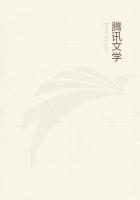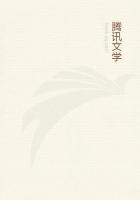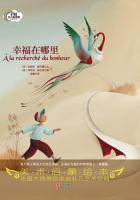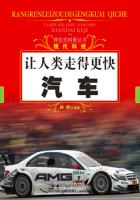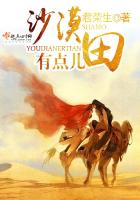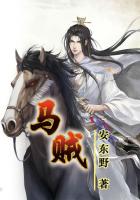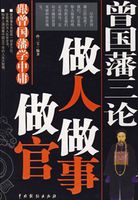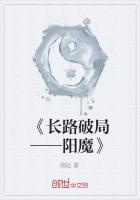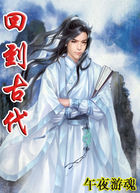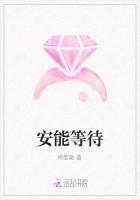17. The ideas of the primary alone really exist. The particular bulk, number, figure, and motion of the parts of fire or snow are really in them,- whether any one's senses perceive them or no: and therefore they may be called real qualities, because they really exist in those bodies. But light, heat, whiteness, or coldness, are no more really in them than sickness or pain is in manna. Take away the sensation of them; let not the eyes see light or colours, nor the ears hear sounds; let the palate not taste, nor the nose smell, and all colours, tastes, odours, and sounds, as they are such particular ideas, vanish and cease, and are reduced to their causes, i.e. bulk, figure, and motion of parts.
18. The secondary exist in things only as modes of the primary. Apiece of manna of a sensible bulk is able to produce in us the idea of a round or square figure; and by being removed from one place to another, the idea of motion. This idea of motion represents it as it really is in manna moving: a circle or square are the same, whether in idea or existence, in the mind or in the manna. And this, both motion and figure, are really in the manna, whether we take notice of them or no: this everybody is ready to agree to. Besides, manna, by tie bulk, figure, texture, and motion of its parts, has a power to produce the sensations of sickness, and sometimes of acute pains or gripings in us. That these ideas of sickness and pain are not in the manna, but effects of its operations on us, and are nowhere when we feel them not; this also every one readily agrees to. And yet men are hardly to be brought to think that sweetness and whiteness are not really in manna; which are but the effects of the operations of manna, by the motion, size, and figure of its particles, on the eyes and palate: as the pain and sickness caused by manna are confessedly nothing but the effects of its operations on the stomach and guts, by the size, motion, and figure of its insensible parts, (for by nothing else can a body operate, as has been proved): as if it could not operate on the eyes and palate, and thereby produce in the mind particular distinct ideas, which in itself it has not, as well as we allow it can operate on the guts and stomach, and thereby produce distinct ideas, which in itself it has not. These ideas, being all effects of the operations of manna on several parts of our bodies, by the size, figure number, and motion of its parts;- why those produced by the eyes and palate should rather be thought to be really in the manna, than those produced by the stomach and guts; or why the pain and sickness, ideas that are the effect of manna, should be thought to be nowhere when they are not felt; and yet the sweetness and whiteness, effects of the same manna on other parts of the body, by ways equally as unknown, should be thought to exist in the manna, when they are not seen or tasted, would need some reason to explain.
19. Examples. Let us consider the red and white colours in porphyry.
Hinder light from striking on it, and its colours vanish; it no longer produces any such ideas in us: upon the return of light it produces these appearances on us again. Can any one think any real alterations are made in the porphyry by the presence or absence of light; and that those ideas of whiteness and redness are really in porphyry in. the light, when it is plain it has no colour in the dark?
It has, indeed, such a configuration of particles, both night and day, as are apt, by the rays of light rebounding from some parts of that hard stone, to produce in us the idea of redness, and from others the idea of whiteness; but whiteness or redness are not in it at any time, but such a texture that hath the power to produce such a sensation in us.
20. Pound an almond, and the clear white colour will be altered into a dirty one, and the sweet taste into an oily one. What real alteration can the beating of the pestle make in any body, but an alteration of the texture of it?
21. Explains how water felt as cold by one hand may be warm to the other. Ideas being thus distinguished and understood, we may be able to give an account how the same water, at the same time, may produce the idea of cold by one hand and of heat by the other: whereas it is impossible that the same water, if those ideas were really in it, should at the same time be both hot and cold. For, if we imagine warmth, as it is in our hands, to be nothing but a certain sort and degree of motion in the minute particles of our nerves or animal spirits, we may understand how it is possible that the same water may, at the same time, produce the sensations of heat in one hand and cold in the other; which yet figure never does, that never producing- the idea of a square by one hand which has produced the idea of a globe by another. But if the sensation of heat and cold be nothing but the increase or diminution of the motion of the minute parts of our bodies, caused by the corpuscles of any other body, it is easy to be understood, that if that motion be greater in one hand than in the other; if a body be applied to the two hands, which has in its minute particles a greater motion than in those of one of the hands, and a less than in those of the other, it will increase the motion of the one hand and lessen it in the other; and so cause the different sensations of heat and cold that depend thereon.
22. An excursion into natural philosophy. I have in what just goes before been engaged in physical inquiries a little further than perhaps I intended. But, it being necessary to make the nature of sensation a little understood; and to make the difference between the qualities in bodies, and the ideas produced by them in the mind, to be distinctly conceived, without which it were impossible to discourse intelligibly of them;- I hope I shall be pardoned this little excursion into natural philosophy; it being necessary in our present inquiry to distinguish the primary and real qualities of bodies, which are always in them (viz. solidity, extension, figure, number, and motion, or rest, and are sometimes perceived by us, viz.

